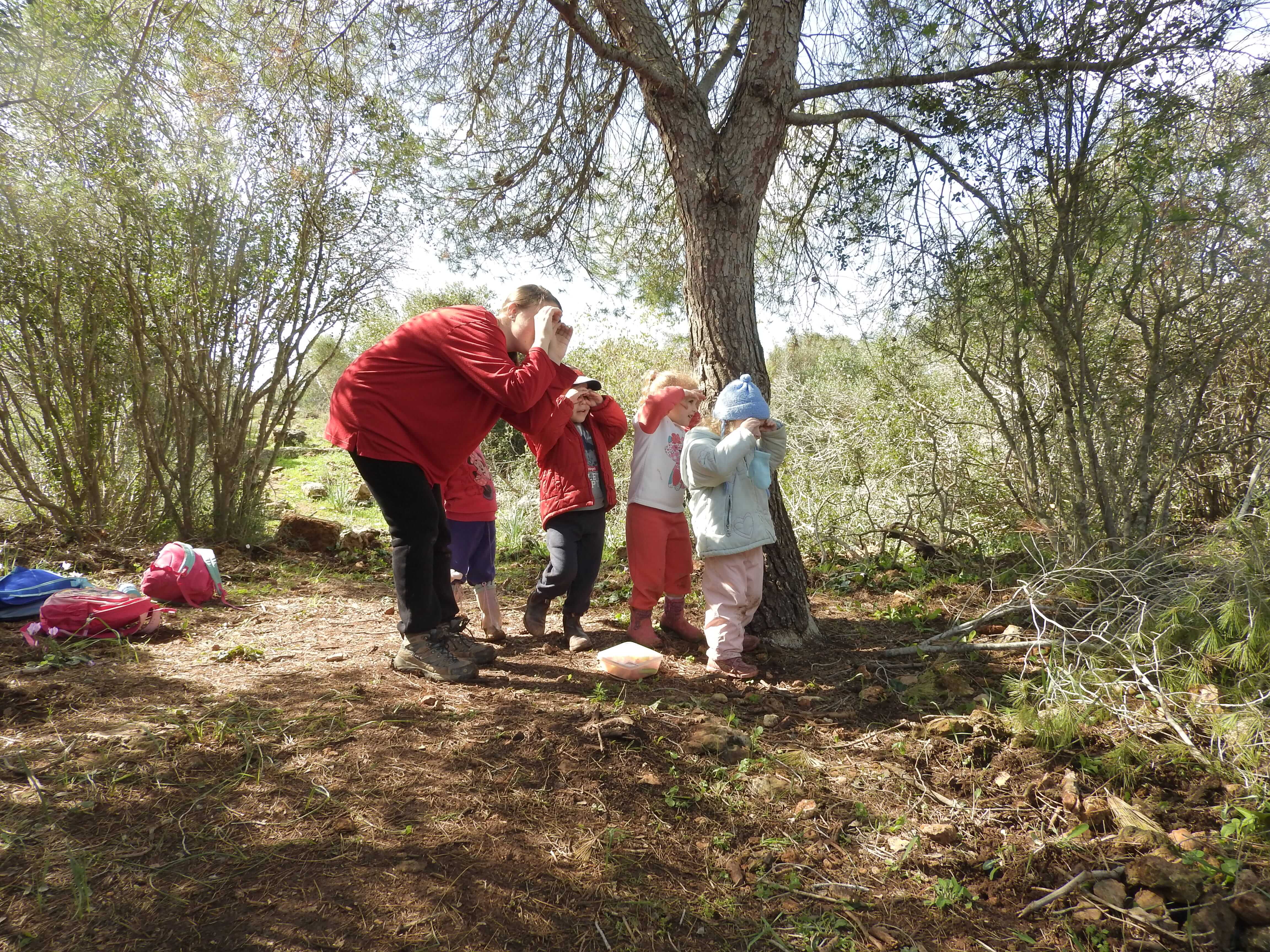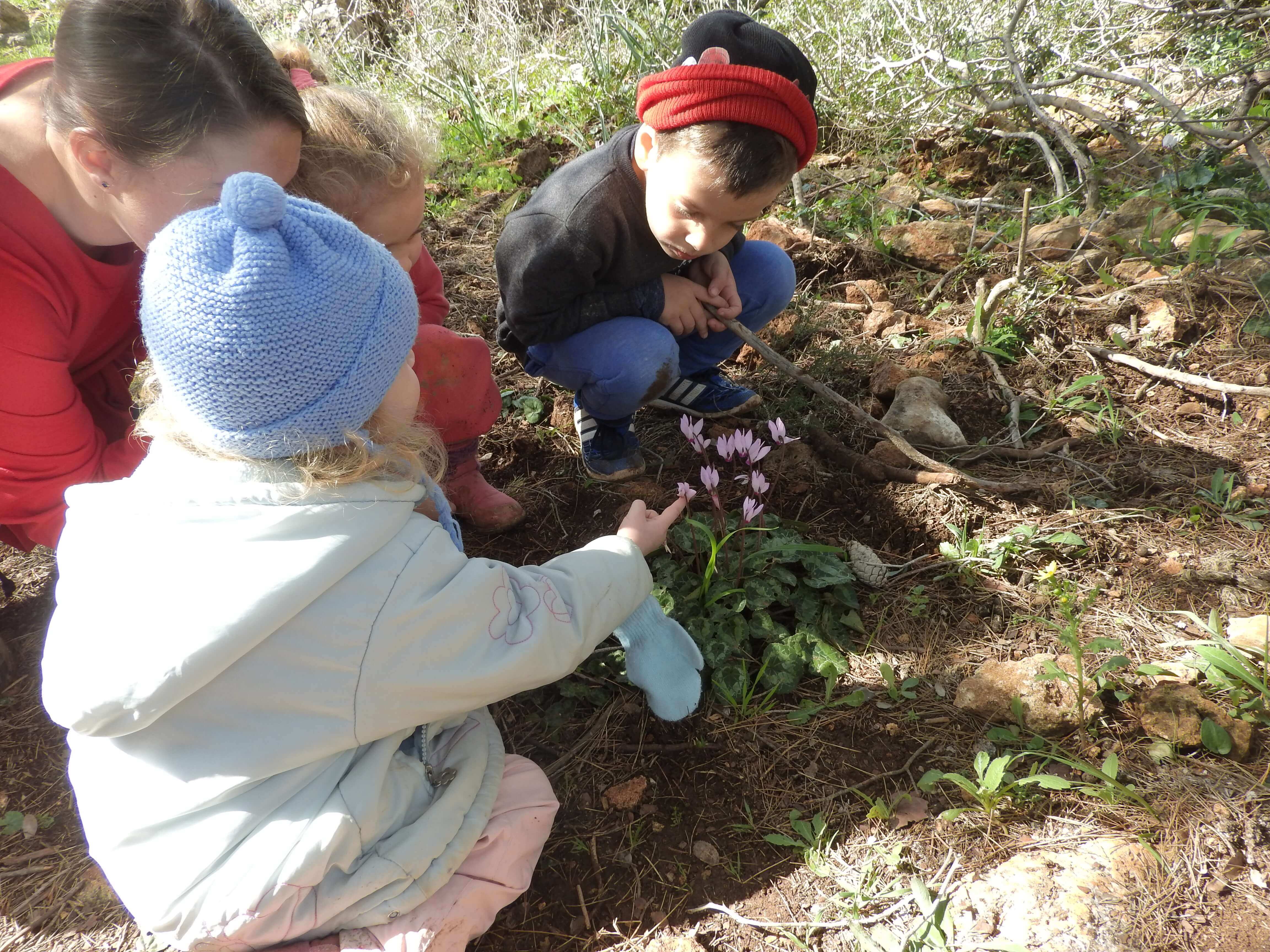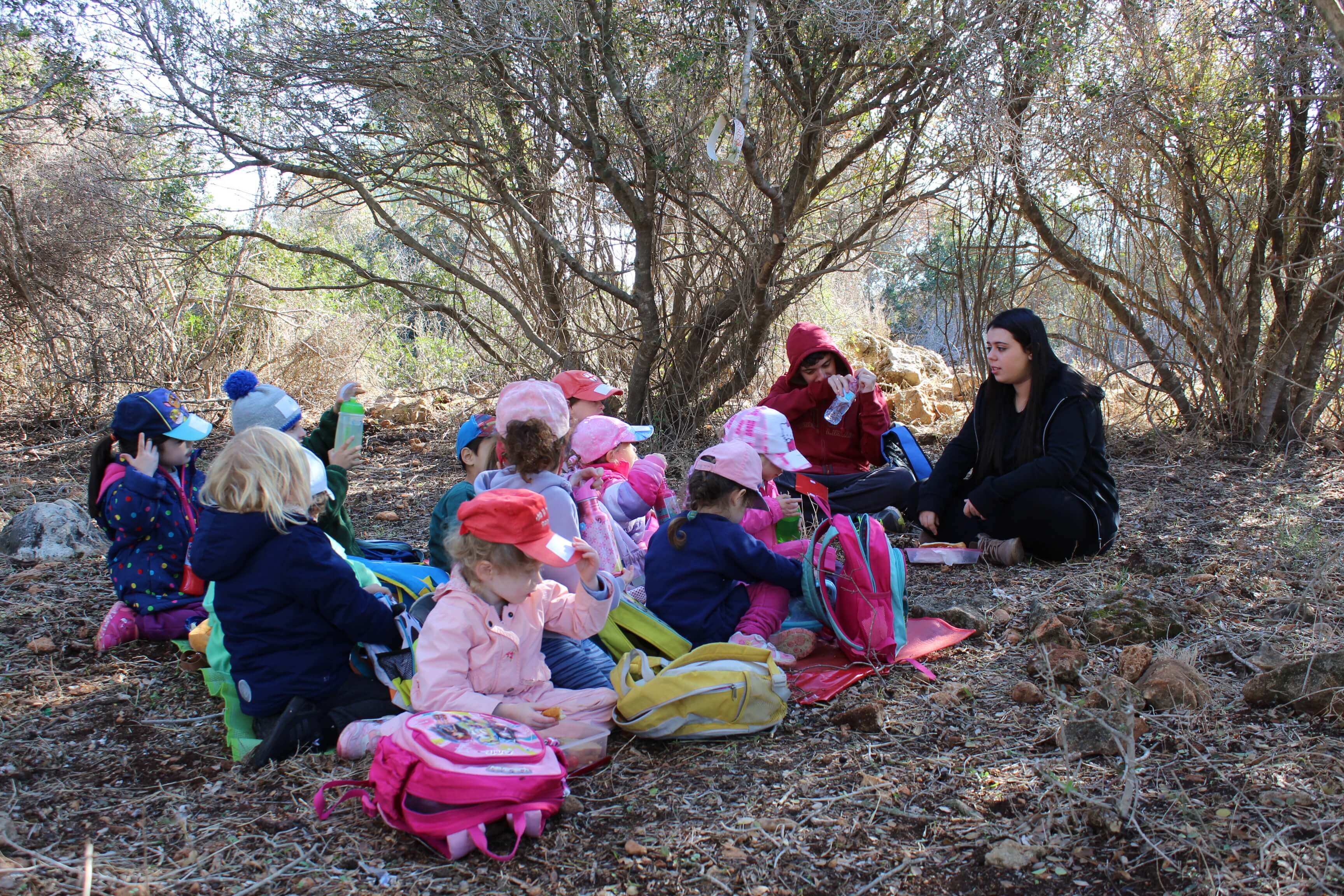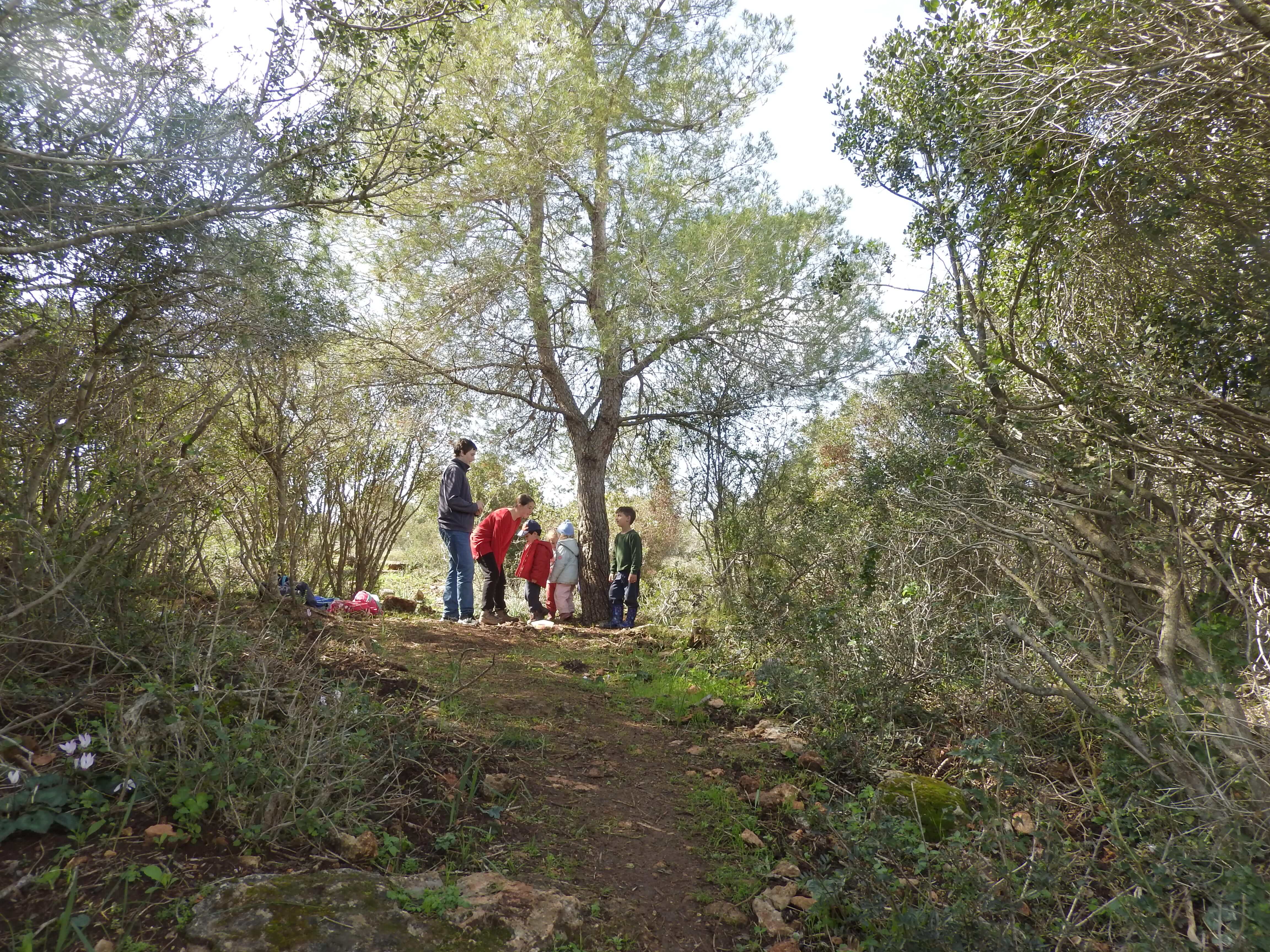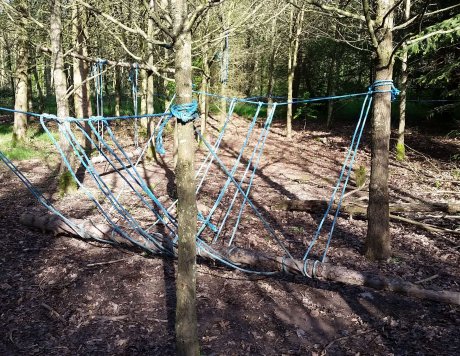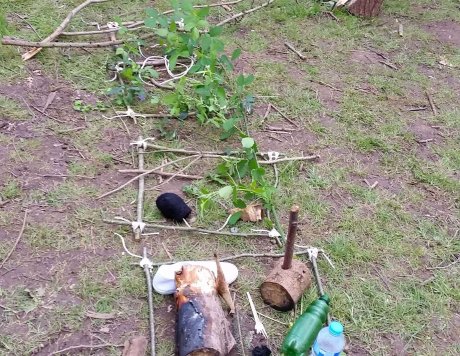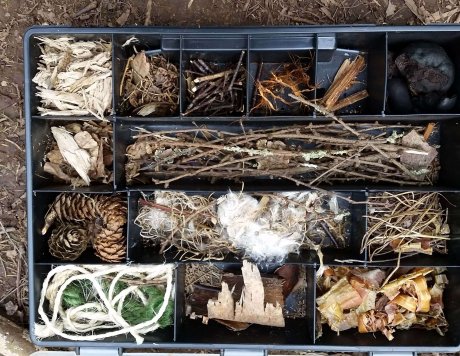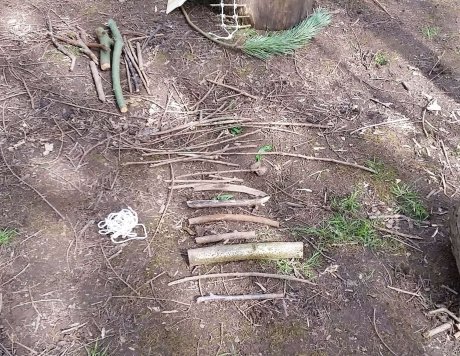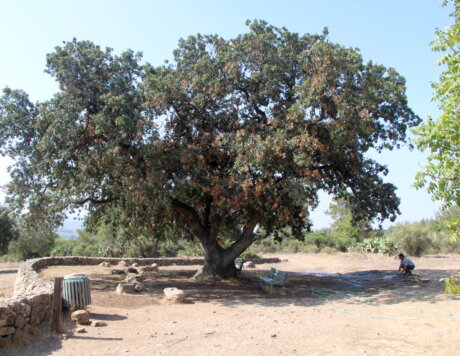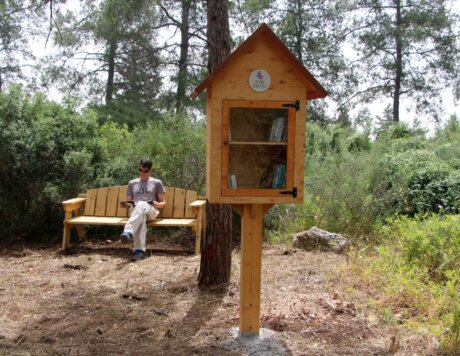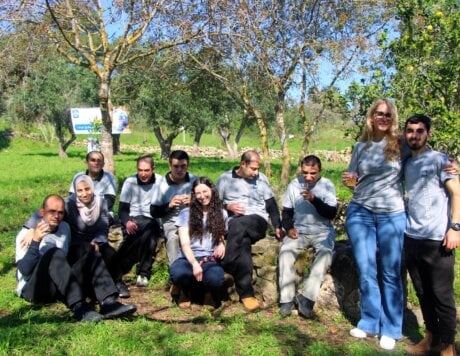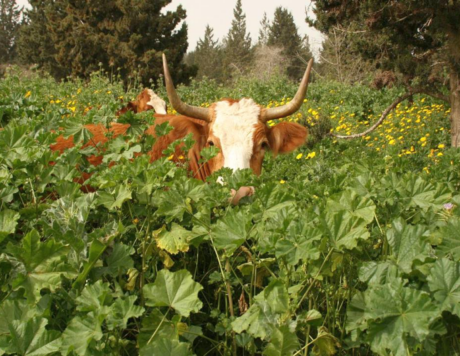No more witches and scary wolves: Rethinking the forest
In our childhood we were taught that the forest is no place for children. In fairy tales the forest is presented as threatening and full of danger. Little Red Riding Hood, Hansel and Gretel, Snow White and others need to protect themselves against hungry wolves and evil witches. Today, the natural forest full of danger has been replaced by virtual forests, and we constantly battle with our children to leave the small screens and to simply go outside. Now is the time to rethink the forest.



